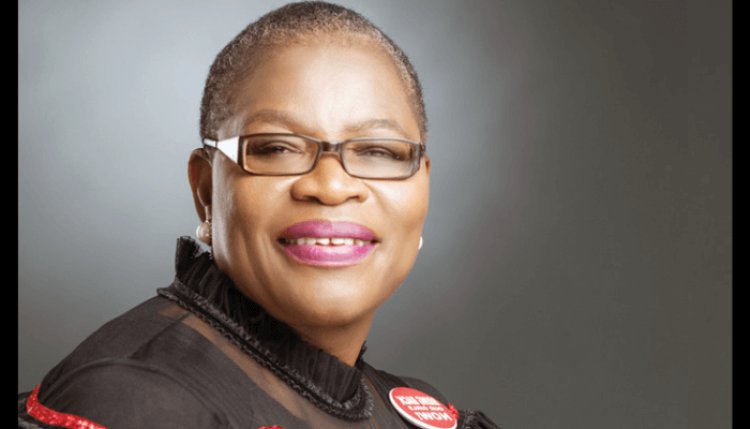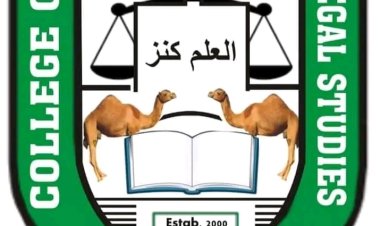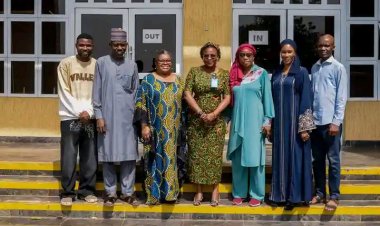Ezekwesili Urges African Ministers to Invest in Education for Enhanced Learning Outcomes
Obiageli Ezekwesili, founder of Human Capital Africa, urged African education ministers at the UN General Assembly in New York to prioritize critical investments for enhancing learning outcomes on the continent.

Obiageli Ezekwesili, founder of Human Capital Africa, has called on African education ministers to prioritize critical investments essential for improving learning outcomes across the continent. This appeal was made during a panel discussion at the United Nations General Assembly in New York, where African ministers of education gathered to discuss innovative, African-owned solutions aimed at enhancing educational standards.
Ezekwesili emphasized the need for innovative, evidence-based financing and the efficient use of existing resources to support teacher training and effective pedagogical approaches. “African ministers want targeted financing and better utilization of resources to help children learn,” she stated. This, she argued, would facilitate accountability and improve educational outcomes at all levels.
Moussa Faki, chairperson of the African Union Commission, echoed Ezekwesili's sentiments, stressing the importance of a long-term focus on education. He called for annual educational convenings at the AU mission during the UN General Assembly meetings, noting, “We have unacceptable levels of education poverty at a time when over 80% of our workforce will be youth in 20 years.”
Mohammed Belhocine, the AU commissioner for education, science, technology, and innovation, highlighted the urgency of foundational learning as a key to Africa’s long-term development. He warned that nine out of ten African children are unable to read or perform basic math by age ten, describing this learning poverty as detrimental to achieving the African Union's Agenda 2063.
Zambia’s President Hakainde Hichelima expressed his concerns regarding the learning crisis facing African children. He pointed out that, by 2050, a significant portion of the youth population will be born in Africa, yet four out of five children currently cannot read simple texts by age ten. “We must urgently prioritize investments in education. These skills are fundamental to every child’s academic success,” he urged.
The World Bank has warned that the ongoing learning crisis could result in a staggering $21 trillion loss in global productivity if not addressed. However, the organization also noted that effectively tackling this crisis could yield an additional $6.5 trillion in global value by 2030, particularly in Africa, where the opportunity for improvement is most significant.
The African Union remains committed to making foundational learning a central part of its agenda, advocating for sustained efforts and investments to ensure that no child is left behind.

 Chris Oyeoku Okafor
Chris Oyeoku Okafor 



